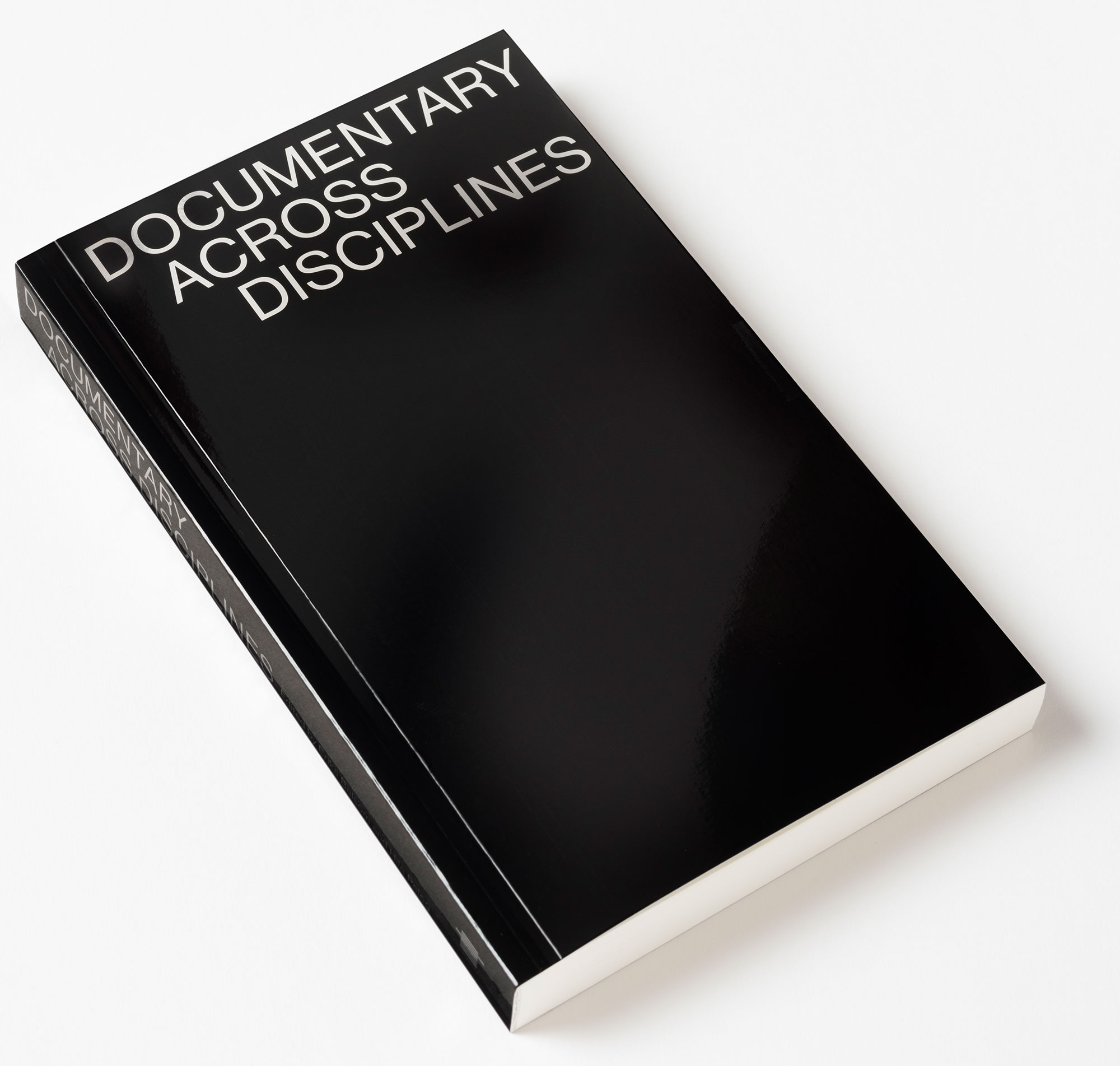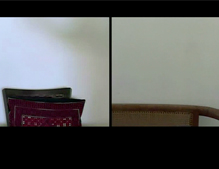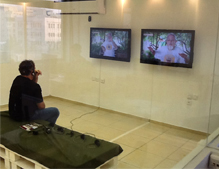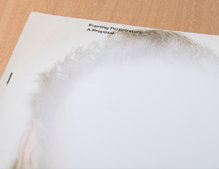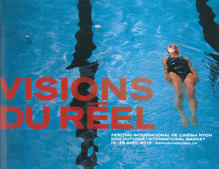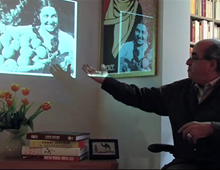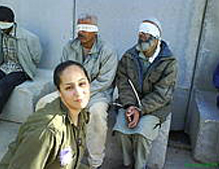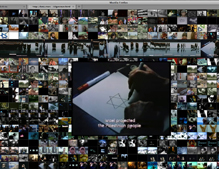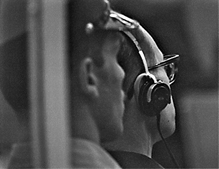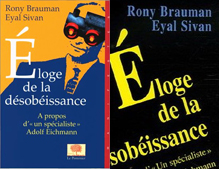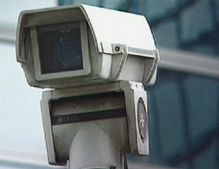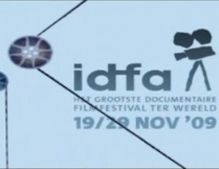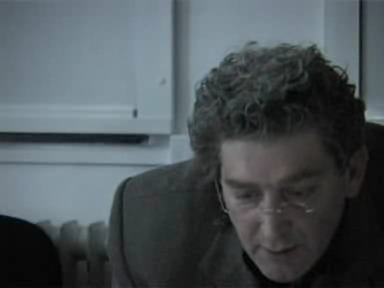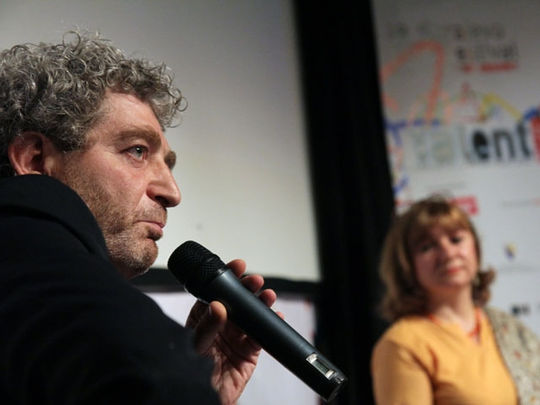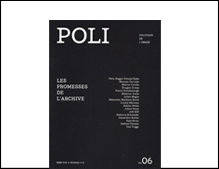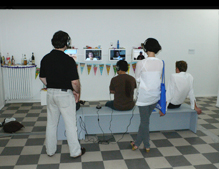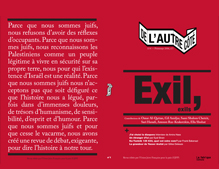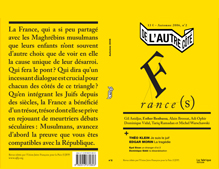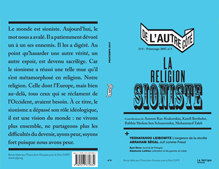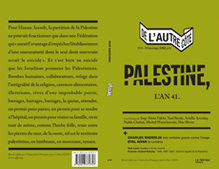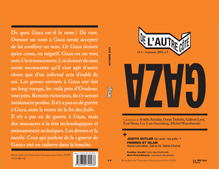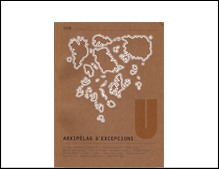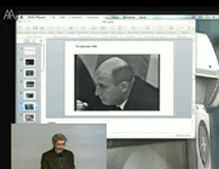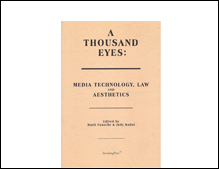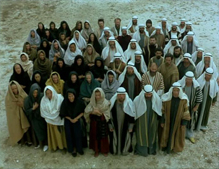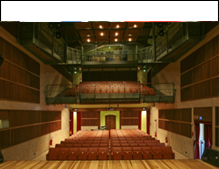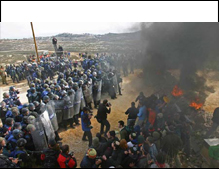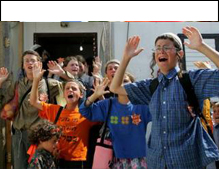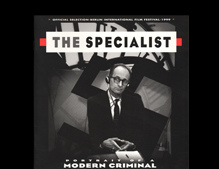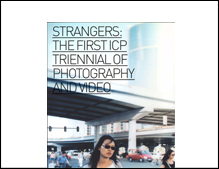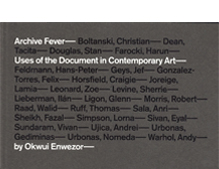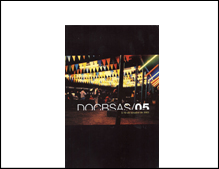-
Proposal for a visual media exhibition
with the participation of students of the Master of Film at the Dutch Film Academy, Amsterdam -
Get my films
Buy DVDs online at www.momento-films.com -
IZKOR
slaves of memory
Documentary film | 1990 | 97 min | color | 16mm | 4:3 | OV Hebrew ST -
Common Archive Palestine 1948
web based cross-reference archive and production platform
www.commonarchives.net/1948 - Project in progress - -
Montage Interdit [forbidden editing]
With professors Ella (Habiba) Shohat and Robert Stam / Berlin Documentary Forum 2 / Haus der Kulturen der Welt / June 2012 -
Route 181
fragments of a journay in Palestine-Israel
Documentary film co-directed with Michel Khleifi | 2003 | 272 min [4.5H] | color | video | 16:9 | OV Arabic, Hebrew ST
-
The Specialist
portrait of a modern criminal
Documentary film | 1999 | co-author Rony Brauman | 128 min | B/W | 4:3 | 35 mm | OV German, Hebrew ST -
Jaffa
the orange's clockwork
Documentary film | 2009 | 88 min | color & B/W | 16:9 | Digital video | OV Arabic, Hebrew, English, French ST
-
Montage Interdit
www.montageinterdit.net
Web-based documentary practice. A production tool, archive and distribution device | project in progress
-
Common State
potential conversation [1]
Documentary film | 2012 | 123 min | color | video | 16:9 split screen | OV Arabic, Hebrew ST -
Towards a common archive
testimonies by Zionist veterans of 1948 war in Palestine
Visual Media exhibition | Zochrot Gallery (Zochrot visual media lab) | Tel-Aviv | October 2012 - January 2013
-
I Love You All
Aus Liebe Zum Volk
Documentary film co-directed with Audrey Maurion | 2004 | 89 minutes | b/w & color | 35mm | OV German, French ST
reviews
Opposition for the wrong reason by Goel Pinto (Haaretz)
06.08.2007
Opposition for the wrong reason
by Goel Pinto Haaretz - Israel News
This week, the artistic committee of the Yehoshua Rabinowitz Foundation is scheduled to state which film it believes the foundation should support in the archival project "Past Present." This project has stirred up a storm, at the center of which is director Eyal Sivan.
by Goel Pinto Haaretz - Israel News
This week, the artistic committee of the Yehoshua Rabinowitz Foundation is scheduled to state which film it believes the foundation should support in the archival project "Past Present." This project has stirred up a storm, at the center of which is director Eyal Sivan.
The story begins with a tender published a few months ago by the New Israeli Foundation for Cinema and TV, the Jerusalem Cinematheque and cable Channel 8. They asked artists to submit proposals for documentaries based on archival materials.
Dozens of proposals came in, and nine of them reached the second stage, in which the applicants had to present their idea to representatives of the three organizations. However, the committee could not reach a decision. The representatives of the Cinematheque and of Channel 8 chose "Jaffa," to be directed by Sivan and produced by Arik Bernstein and Osnat Trabelsi.
The New Foundation officials disagreed, and the partnership fell apart.
Then the Cinematheque and Channel 8 decided to join forces with the Yehoshua Rabinowitz foundation in order to revive the project.
The foundation agreed, but naturally asked to reexamine the nine films that had reached the final phase. This committee, headed by Nachman Ingber, also thought "Jaffa" was the best proposal.
The foundation directorate, which is supposed to make the official decision on this matter, consists of 18 people, headed by Leon Recanati.
However, in recent days a campaign has been waging against Eyal Sivan in the media and on the Web. His opponents state that the director depicts himself as "anti-Israeli" (a definition Sivan has never affirmed) and "anti-Zionist" (which he confirms) and is undeserving of state support.
It has been stated that the support is intended for a film marking the State of Israel's 60th anniversary, but there is no basis to this claim. At the forefront of this campaign was director Yitzhak Rubin, who wrote an article for the mass-circulation daily Maariv titled "I am a Liar": He writes that because he knows the political opinions of the "commissars" at the film foundations, "I will make no bones about my unqualified support for the Zionist idea."
These voices are dangerous, and not because there are no reasons to attack Sivan's film. Haaretz was the first to publish an article (that I wrote) against Sivan's biased editing, for example, in the film "The Specialist," which followed the Eichmann trial.
These voices are dangerous because they are attacking ad hominem: They are not against "Jaffa," but rather against the filmmaker. No one has seen the film, which Sivan is yet to make. Nevertheless, they have come out against him. Sivan has a swollen ego, and his films suffer from an excess of documentary manipulation. In the worst case they contain elements of unreliability, and in better cases they are frighteningly unidirectional. This was evident in "The Specialist" and "Route 181," which was directed by Michel Khleifi. But Sivan, who has also directed "Izkor: Slaves of Memory," a unique film that showed for the first time how the education system brainwashes children with respect to the Jewish collective memory, makes unsettling films that address material no one else dares touch.
This is why he is one of the most important documentary filmmakers in Israel - precisely because he has an agenda, which he declares openly, and does not lie like Rubin when referring to himself. In his films, Sivan tells a story that everyone else wants to conceal, a story different from the central Zionist narrative that has appeared in films like "The Pillar of Fire" and "Rebirth," which were far more one-sided than Sivan's films. The question is whether state-supported cinema should continue to tell the one-sided story, or whether it should offer other aspects of the truth.
Above all, the personal objection to Sivan symbolizes the decline in freedom of expression and the ability of those across the political spectrum from presenting their positions. All of a sudden, the objections of Irit Linur and Jacky Levy, who served as artistic advisors to the New Foundation, to supporting "Paradise Now," Hani Abu Assad's film, seem tolerable: At least there the two chose to deal with the subject of the film.
The idea behind "Jaffa" is fascinating. At its base is a historical examination of the definitive Israeli symbol, the orange. The agricultural venture, which was established by the British in the 1930s, eventually became an economic failure, yet nevertheless it was supported by the State of Israel, which realized that it represented the Zionist idea better than all the statesmen.
About a decade ago, Amos Gitai directed a similar documentary titled "Orange." This film won the support of the New Foundation, perhaps because at that time it was headed by a different director general, Orna Ben Dor, as opposed to the current head, David Fisher. In any case, the foundation's work does not end with financial support; its officials accompany the filmmaker throughout the process, become familiar with his materials and what he does with them, and are involved in his work.
It is interesting that Gitai and Sivan, who lived in Paris and whose films are screened abroad more often than they are in Israel, have decided to use the Israeli orange as a motif for our existence here. One can only regret that the scores of filmmakers who have won support from the various film foundations over the years have not come out in support of the director.
What is certain is that Sivan's attackers are again doing what they excel at: Just as they did to "Jenin Jenin," a wretched film cinematically speaking, which won massive exposure due to the opposition it aroused, this time too the detractors are creating interest. Now the foundation officials and the members of its directorate will no longer be able to evaluate the film and decide whether it is deserving of support by virtue of its artistic merits.
And thus all of us will lose: If they support it because they do not want to appear to have given in to the right-wing voices, this will not be the proper reason. And if they do not support it out of opposition to the opinions of its director, this will be a real reason to worry.

